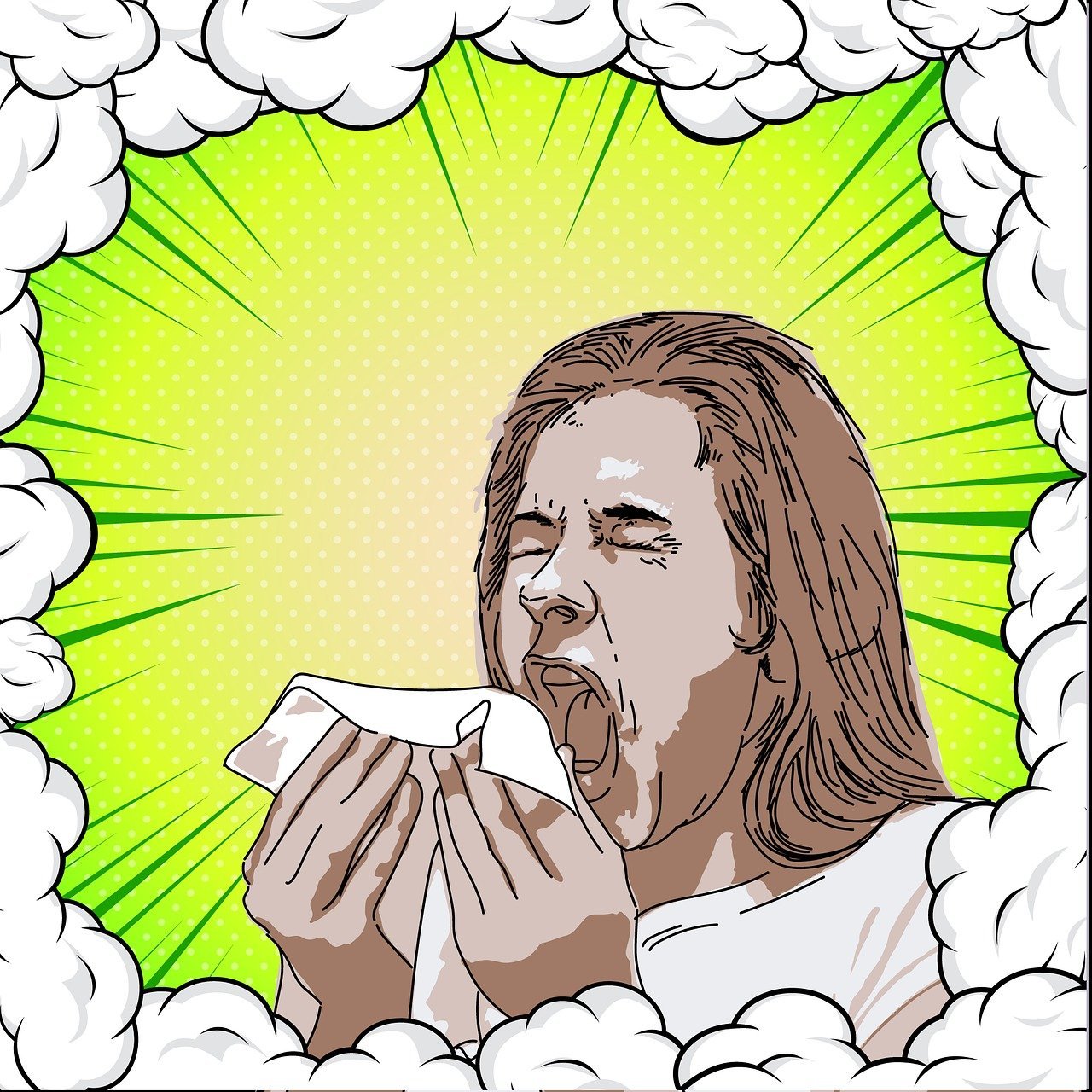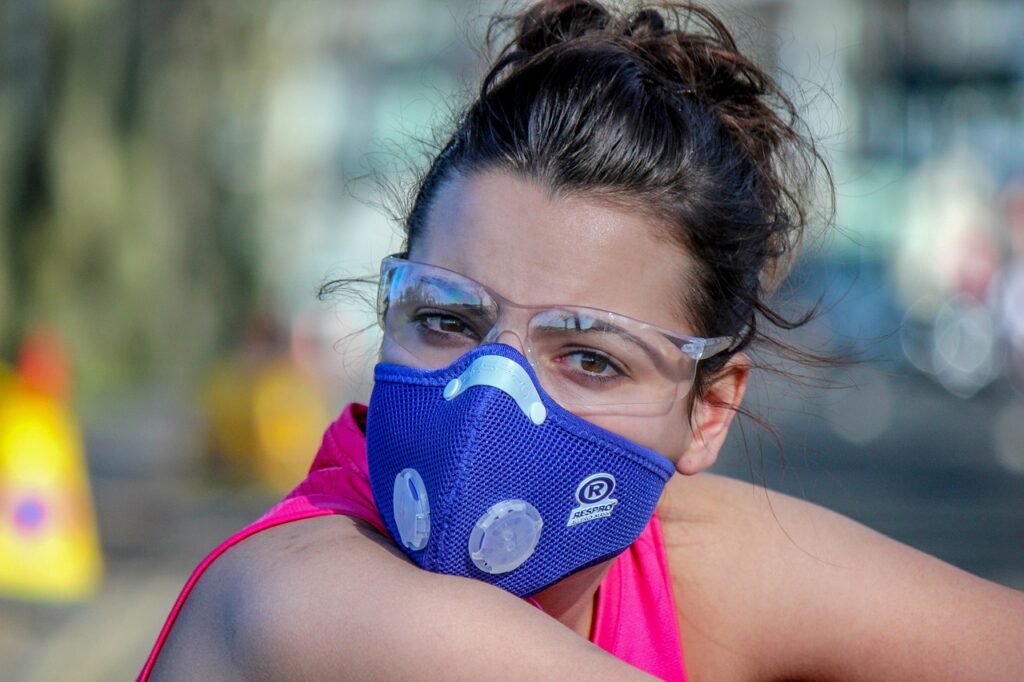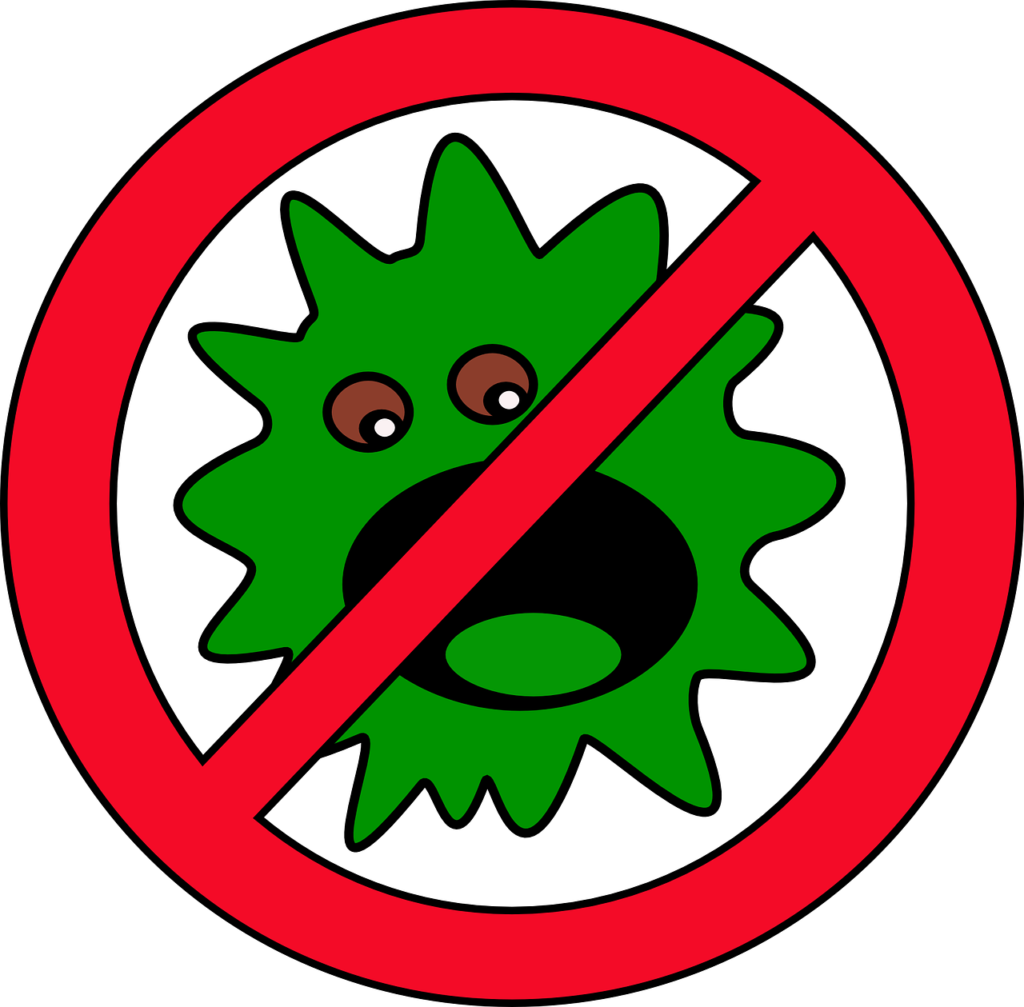Understanding Allergic Reactions to Allergy Shots: Causes and Solutions
If you suffer from allergies, allergy shots may be a common solution to help alleviate your symptoms. However, it’s important to be aware of the potential for allergic reactions that can occur as a result of these shots. In this article, we will delve into the causes of allergic reactions to allergy shots and explore some solutions to manage and prevent them.
Allergy shots, also known as immunotherapy, work by exposing your body to small amounts of allergens over time, gradually building up your tolerance to them. While generally safe, allergic reactions can still occur. These reactions may range from mild symptoms such as itching and swelling at the injection site, to more severe reactions involving difficulty breathing or anaphylaxis.
Understanding the causes of allergic reactions to allergy shots is crucial in developing effective preventative measures. From possible allergen contamination in the shots to individual immune system responses, this article will shed light on the various factors contributing to allergic reactions.
By gaining a better understanding of the causes and solutions to allergic reactions, you can make informed decisions and take necessary precautions when receiving allergy shots. Let’s dive into the world of allergy shots and equip ourselves with the knowledge needed to navigate them safely and effectively.

What are allergy shots and how do they work?
Allergy shots, also known as immunotherapy, work by exposing your body to small amounts of allergens over time, gradually building up your tolerance to them. This process involves receiving injections of the allergen, typically in the form of a serum, in increasing doses. The goal is to desensitize the immune system and reduce the severity of allergic reactions.
Common allergic reactions to allergy shots
While allergy shots are generally safe, allergic reactions can still occur. These reactions may range from mild symptoms such as itching and swelling at the injection site, to more severe reactions involving difficulty breathing or anaphylaxis. It’s essential to understand the common allergic reactions associated with allergy shots to ensure prompt recognition and appropriate management.
Mild reactions are the most common and typically occur within a short time after the injection. These reactions may include redness, itching, or swelling at the injection site. Systemic reactions, which involve symptoms beyond the injection site, can also occur. These may include sneezing, nasal congestion, and hives. In rare cases, severe reactions can occur, leading to difficulty breathing, wheezing, and a drop in blood pressure.
Causes of allergic reactions to allergy shots
Understanding the causes of allergic reactions to allergy shots is crucial in developing effective preventative measures. There are several factors that can contribute to these reactions, including:
1. Allergen contamination: Allergy shots are prepared using specific allergens, and if these allergens are contaminated, it can trigger an allergic reaction. Contamination can occur during the manufacturing process or due to improper storage or handling of the serum.
2. Individual immune system responses: Each person’s immune system is unique, and some individuals may be more prone to allergic reactions than others. Factors such as genetics, previous allergic history, and overall immune function can influence the likelihood of experiencing an allergic reaction to allergy shots.
3. Dosage and frequency: The dosage and frequency of allergy shots can also play a role in the occurrence of allergic reactions. Higher doses or more frequent injections may increase the risk of a reaction. It is essential for healthcare providers to carefully determine the appropriate dosage and schedule for each patient.
Factors that increase the risk of allergic reactions
Certain factors can increase the risk of experiencing an allergic reaction to allergy shots. These include:
1. Previous allergic reactions: If you have previously had an allergic reaction to an allergy shot, there is an increased risk of future reactions. It is crucial to inform your healthcare provider about any previous reactions to ensure appropriate precautions are taken.
2. Allergy severity: Individuals with more severe allergies may be at a higher risk of experiencing allergic reactions to allergy shots. This is because their immune systems are more reactive to allergens, increasing the likelihood of a reaction.
3. Concurrent health conditions: Certain underlying health conditions, such as asthma or cardiovascular disease, can increase the risk of allergic reactions to allergy shots. It is important to disclose all relevant health information to your healthcare provider before starting immunotherapy.

Medication
Medications such as antihistamines and corticosteroids play a vital role in controlling allergy symptoms. Whether over-the-counter or prescription, your doctor will recommend the most suitable option based on the severity of your allergies. Common allergy medications include:
- Antihistamines: Diphenhydramine (Benadryl), cetirizine (Zyrtec), and loratadine (Claritin) are effective in alleviating symptoms like sneezing and itching.
- Decongestants: Drugs like Afrin and Sudafed can help relieve nasal congestion.
- Corticosteroids: These medications reduce inflammation and are available in various forms, including nasal sprays and inhalers.
Immunotherapy
Immunotherapy, often administered through injections over several years, helps your body build tolerance to allergens. Successful immunotherapy can prevent the recurrence of allergy symptoms.
Emergency Epinephrine
For individuals with severe allergies, carrying an emergency epinephrine shot like EpiPen is crucial. These shots can counteract severe allergic reactions until medical assistance is available.
Natural Remedies
While natural remedies like teas and essential oils are popular, it’s essential to approach them with caution. Some natural treatments may contain allergens that exacerbate symptoms.
How Allergies Are Diagnosed
Diagnosing allergies involves a combination of physical exams and tests:
- Blood Test: Measures the presence of allergy-causing antibodies (IgE) in your blood.
- Skin Test: Conducted by an allergist, this test involves exposing your skin to potential allergens to observe reactions.
Preventing Symptoms
Prevention is key when it comes to managing allergies. Avoiding allergens and adopting lifestyle changes can significantly reduce symptoms. For food allergies, an elimination diet can help identify triggers, while proper allergy testing can pinpoint specific allergens.
Complications of Allergies
While allergies are often associated with minor symptoms, severe allergic reactions like anaphylaxis can be life-threatening. Recognizing the signs of anaphylaxis and understanding the difference between sensitivity and full-blown allergies are crucial for effective management.
Allergies and Asthma
Allergies and asthma often go hand in hand, with allergies exacerbating asthma symptoms. Identifying allergy-induced asthma is essential for proper treatment and management.
Allergies vs. Cold
Distinguishing between allergies, colds, and sinus infections can be challenging due to overlapping symptoms. However, differences in symptoms can help differentiate between the three conditions.
Living with Allergies
While allergies may not pose significant risks for most individuals, effective management is essential for a better quality of life. Working closely with healthcare providers and allergists can help alleviate symptoms and minimize complications.
Symptoms of allergic reactions to allergy shots
Recognizing the symptoms of allergic reactions to allergy shots is vital for prompt and appropriate management. The symptoms can vary in severity and may include:
1. Localized reactions: Mild symptoms at the injection site, such as redness, itching, or swelling.
2. Systemic reactions: Symptoms beyond the injection site, including sneezing, nasal congestion, hives, or itching in other parts of the body.
3. Severe reactions: Rarely, severe reactions can occur, leading to difficulty breathing, wheezing, chest tightness, dizziness, or a drop in blood pressure. These severe reactions require immediate medical attention.
It is important to contact your healthcare provider if you experience any symptoms after receiving an allergy shot, even if they seem mild. Prompt evaluation and appropriate management can prevent the progression of symptoms and ensure your safety.
Managing and treating allergic reactions to allergy shots
If you experience an allergic reaction to an allergy shot, there are several management and treatment options available. These may include:
1. Medications: Depending on the severity of the reaction, your healthcare provider may recommend over-the-counter antihistamines to alleviate mild symptoms. In more severe cases, prescription medications such as epinephrine may be necessary to treat anaphylaxis.
2. Observation: After an allergic reaction, your healthcare provider may monitor you for a period of time to ensure that the symptoms do not worsen. This observation period allows for prompt intervention if needed.
3. Adjusting the dosage: If you experience a mild allergic reaction, your healthcare provider may adjust the dosage or frequency of the allergy shots to reduce the risk of further reactions. This individualized approach ensures that you receive the appropriate amount of allergen to build tolerance without triggering severe reactions.
Prevention strategies for allergic reactions
While allergic reactions to allergy shots cannot always be completely prevented, there are strategies that can help minimize the risk. These include:
1. Proper administration and storage: It is crucial to receive allergy shots from a qualified healthcare provider who follows proper administration techniques and ensures the integrity of the serum. Additionally, the storage and handling of the serum should be in accordance with guidelines to prevent contamination.
2. Pre-medication: In some cases, your healthcare provider may recommend taking certain medications, such as antihistamines, before receiving an allergy shot. These medications can help reduce the risk of allergic reactions.
3. Allergy shot schedule: Adhering to the recommended schedule for allergy shots is important to ensure a gradual and controlled exposure to allergens. Skipping doses or delaying injections can increase the risk of reactions.
Alternative solutions for allergy treatment
If allergy shots are not a suitable option for you or if you experience severe allergic reactions despite appropriate management, there are alternative solutions for allergy treatment. These may include:
1. Medications: Over-the-counter and prescription medications, such as antihistamines, nasal corticosteroids, and leukotriene modifiers, can help alleviate allergy symptoms. These medications can be used as a standalone treatment or in combination with other approaches.
2. Sublingual immunotherapy: Instead of injections, sublingual immunotherapy involves placing allergen extracts under the tongue. This method has been found to be effective for certain allergies, such as grass or ragweed pollen allergies.
3. Environmental modifications: Making changes to your environment, such as using air purifiers, regularly cleaning your home, and avoiding allergens, can help reduce allergy symptoms.
It is important to discuss these alternative solutions with your healthcare provider to determine the most appropriate treatment approach for your specific allergies.
Consultation with an allergist for personalized advice
When considering allergy shots or seeking treatment for allergies, it is always recommended to consult with an allergist. An allergist is a medical specialist who can assess your allergies, recommend appropriate treatments, and provide personalized advice based on your individual needs.
An allergist can conduct allergy testing to identify specific allergens that trigger your symptoms. This information is crucial for developing an effective treatment plan, whether it involves allergy shots, medications, or other approaches. The allergist can also monitor your progress and adjust the treatment as needed to ensure optimal results and minimize the risk of allergic reactions.
Conclusion
Allergy shots can be an effective treatment option for individuals suffering from allergies. However, it is important to understand the potential for allergic reactions and take appropriate precautions. By gaining a better understanding of the causes and solutions to allergic reactions, you can make informed decisions and take necessary steps to navigate allergy shots safely and effectively.
Remember to consult with an allergist for personalized advice and to discuss any concerns or questions you may have. With the right approach, allergy shots can help you manage your allergies and improve your quality of life.
FAQs
- Can allergies be cured completely? While there’s no cure for allergies, treatments can effectively manage symptoms and improve quality of life.
- Are natural remedies safe for treating allergies? Natural remedies may help alleviate symptoms, but it’s essential to consult with a doctor before trying them, as some may contain allergens.
- Can allergies develop later in life? Yes, allergies can develop at any age, although they often emerge during childhood.
- What should I do in case of an allergic reaction? If you experience severe allergic reactions like difficulty breathing or swelling of the face, seek immediate medical attention and use emergency epinephrine if available.
- Are there any long-term complications associated with allergies? Severe allergies can lead to complications like anaphylaxis, which require prompt medical intervention to prevent life-threatening outcomes.
